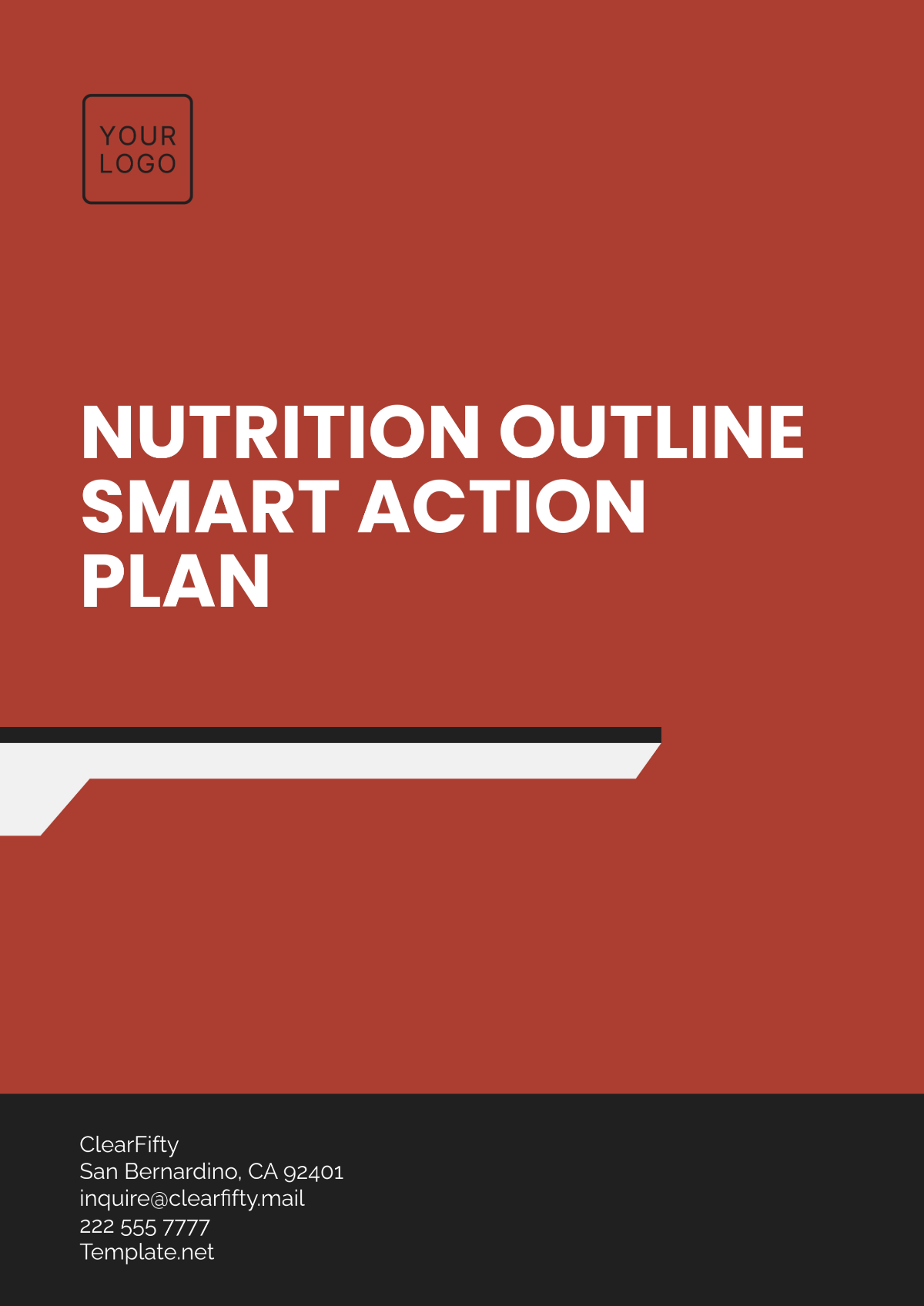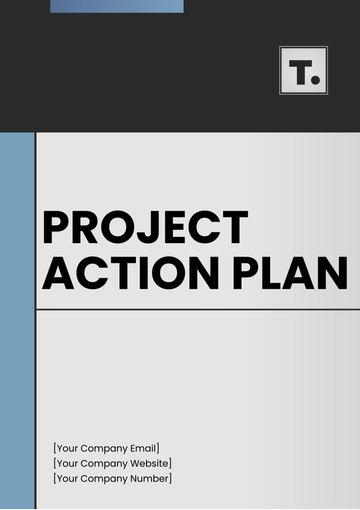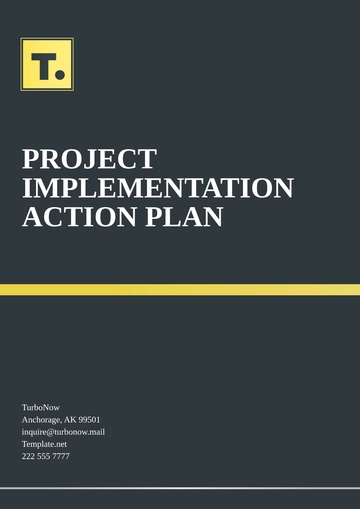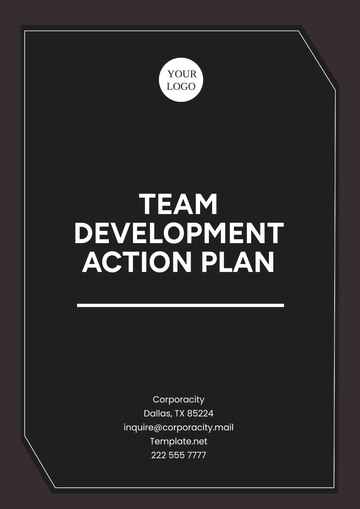Free Nutrition Outline Smart Action Plan

1. Introduction
Purpose of the Plan: Brief description of the plan’s objectives (e.g., improving health, managing weight, increasing energy, etc.).
Overview of Nutrition Goals: Summarize key nutritional objectives (e.g., balanced diet, macronutrient distribution, hydration).
2. SMART Goals
Specific: Clearly defined nutrition goals (e.g., "Increase daily vegetable intake").
Measurable: How success will be tracked (e.g., "Track daily servings of vegetables with a food journal").
Achievable: Ensure the goals are realistic (e.g., "Add 1 serving of vegetables to lunch daily").
Relevant: Align goals with overall health objectives (e.g., "Support weight loss through proper nutrient balance").
Time-Bound: Set deadlines for achieving each goal (e.g., "Increase vegetable intake by 1 serving per day within 2 weeks").
3. Action Steps
Step 1: Develop a meal plan with balanced nutrients (e.g., include fruits, vegetables, lean proteins, whole grains).
Step 2: Plan weekly grocery lists to ensure availability of nutritious foods.
Step 3: Educate on portion control and mindful eating habits.
Step 4: Include strategies for dining out or eating away from home (e.g., making healthier choices at restaurants).
Step 5: Set a hydration goal (e.g., drink at least 8 glasses of water a day).
Step 6: Monitor progress through a food journal or nutrition tracking app.
4. Resources Needed
Tools and Equipment: Nutritional tracking apps, kitchen tools for meal prep, food scale, etc.
Support: Consider consulting a nutritionist, attending workshops, or accessing online resources.
Time Commitment: Dedicate a certain amount of time per week to planning and preparing meals.
5. Monitoring and Evaluation
Tracking Progress: Weekly or bi-weekly check-ins (e.g., record changes in energy, mood, weight, or other health metrics).
Adjustments: Modify the plan if needed based on results (e.g., if goals are too easy or difficult to achieve).
Celebrate Milestones: Acknowledge achievements, even small ones, to stay motivated.
6. Conclusion
Review Goals: Reassess SMART goals to ensure alignment with overall health objectives.
Sustainability: Plan for long-term success by integrating healthy habits into daily routine.
- 100% Customizable, free editor
- Access 1 Million+ Templates, photo’s & graphics
- Download or share as a template
- Click and replace photos, graphics, text, backgrounds
- Resize, crop, AI write & more
- Access advanced editor
Plan a healthier lifestyle with the Nutrition Outline Smart Action Plan Template from Template.net. This customizable and editable tool makes meal planning easy and effective. Use our Editable in our Ai Editor Tool to tailor the plan to your unique nutritional needs and goals.





























